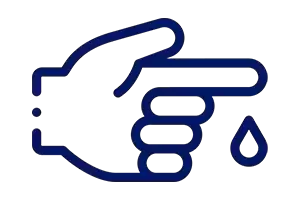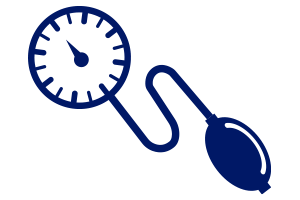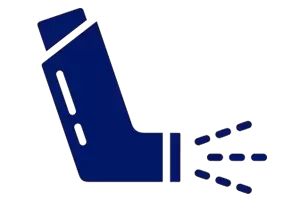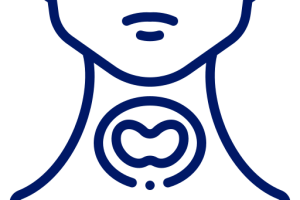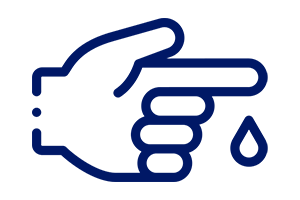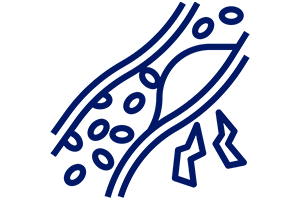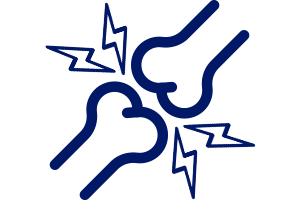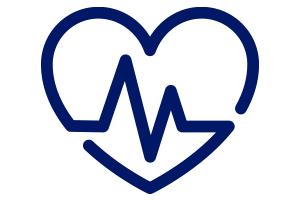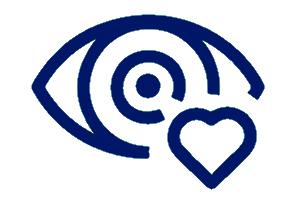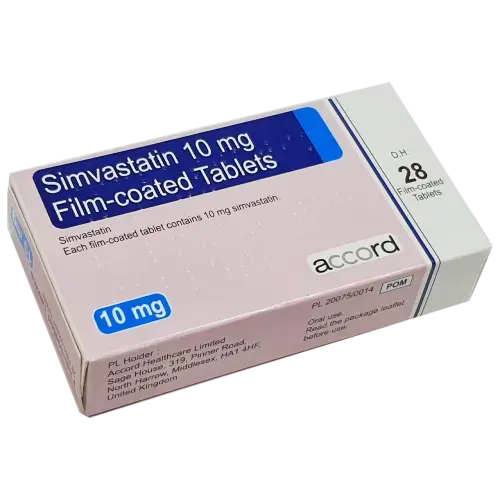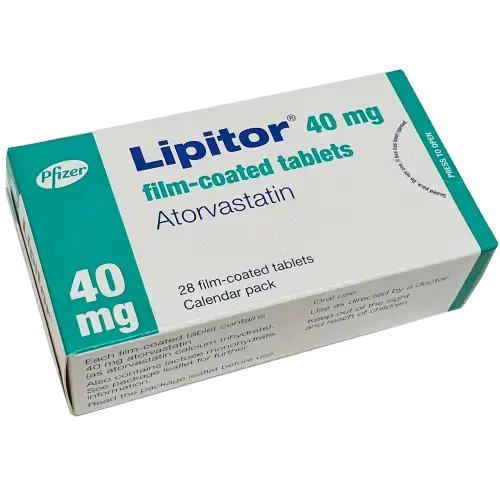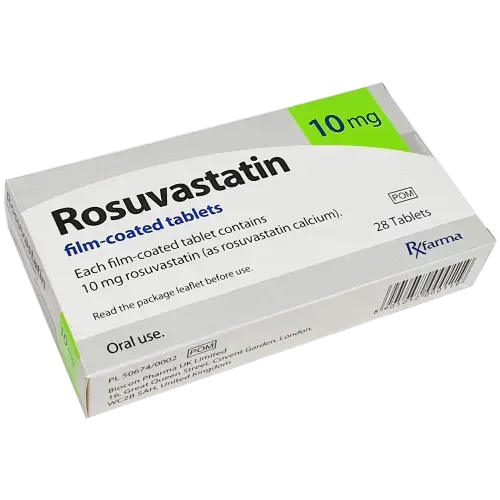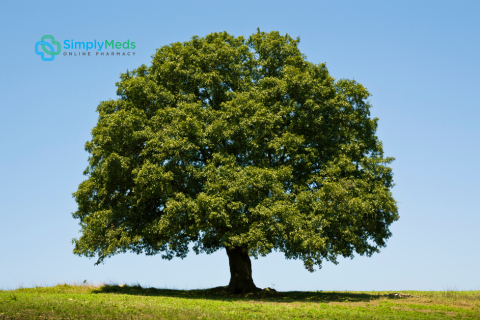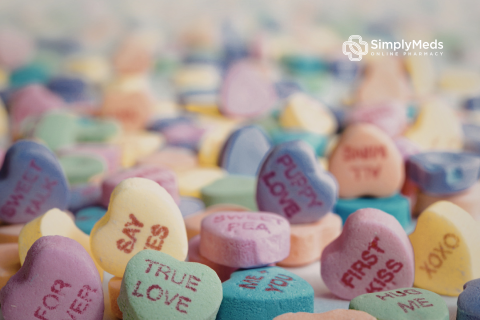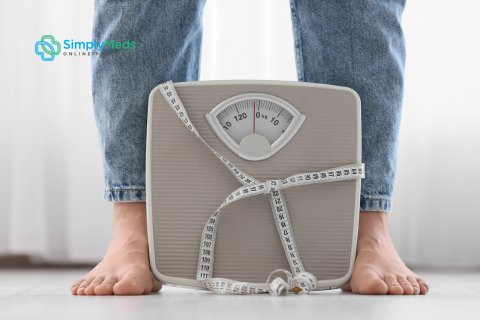High Cholesterol Cholesterol is a fatty substance found in your blood and naturally produced in the liver and skeletal muscle. Every cell in our body uses cholesterol and some of it comes from the food we eat. What is high cholesterol and what causes it? High cholesterol is when you have too much of this fatty substance in your blood. This can increase your risk of heart and circulatory diseases such as heart attack and stroke. Being overweight and having diabetes can put you at a higher risk of having high cholesterol. Things that cause high cholesterol you can control are eating too much saturated fat, not being active enough and having too much body fat around your middle. Smoking can lead to high cholesterol levels due to the build-up of tar in your arteries making it easier for cholesterol to stick to your artery walls. There are some factors that cause high cholesterol that you cannot control. These are: getting older, ethnic background, Familial Hypercholesterolaemia (FH) – a form of cholesterol you are born with, Liver or kidney disease or hormone disorders including hypothyroidism. What are the types of Cholesterol? There are two main types of cholesterol, Good cholesterol (HDL) and Bad Cholesterol (LDL and VLDL). Having too much ‘bad’ can cause health problems. Cholesterol is carried in your blood by proteins, when the cholesterol and proteins combine, they’re called lipoproteins. High-density lipoproteins or HDL – Also known as ‘good’ cholesterol. This type of cholesterol helps get rid of the ‘bad’ cholesterol from your blood. It takes the cholesterol that you don’t need back to your liver which then gets broken down so it can be passed out by your body or used in your muscles. Low density lipoproteins (LDL) and Very low density lipoproteins (VLDL) - is also known as ‘bad’ cholesterol. This is because there is too much of it, due to the size, it can build up and aggregate inside the walls of blood vessels. This can cause them to irreversibly clog up causing narrowing of the arteries thus increasing your risk of having a heart attack or stroke. ‘Bad’ cholesterol was traditionally called just LDL cholesterol but we now know there are other forms of non-HDL cholesterol that are also harmful. Signs and symptoms of high cholesterol There aren’t any typical signs that you can have high cholesterol which is why it’s so important to get it checked out via a blood test or finger prick test. It is a hidden risk which means it happens without us knowing until, sometimes it’s too late. How to lower your cholesterol Start eating a healthy balanced diet, low in saturated fat Switching whole milk to skimmed milk and using natural yoghurts instead of creams Eating leaner meats and fish or more plant-based proteins Having more brown rice, bread and pasta Eating more nuts and seed Eating more fruits and vegetables Eating reduced fat cheeses Ordering less takeaways Adding more fibre to your diet Getting more active (exercise) Quit Smoking Reduce alcohol consumption Medicines and treatments for high cholesterol You may need medicine to lower your cholesterol if your cholesterol levels have not gone down after changing your diet and lifestyle or if you’re at a high risk of having a heart attack or stroke. Statins – These are the most common medicine for high cholesterol. They work by reducing the amount of cholesterol your body makes. You’ll need to take one tablet a day and usually need to take them for life. If statins don’t work or you do not want to take them there are some other tablet medicines that you can take. You can also be treated in the form of injections.
Learn More...- Shop/Treatments
- Prescription Treatments
-
- View All Treatments

-
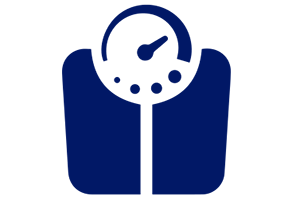
-
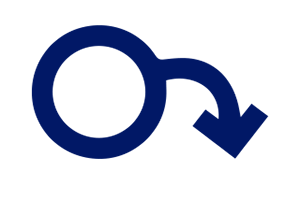
-
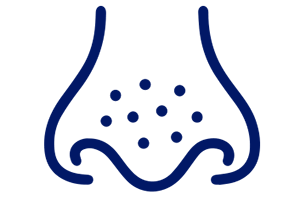
-
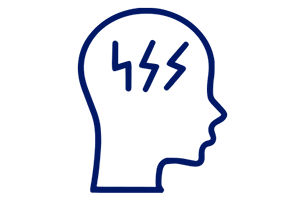
-
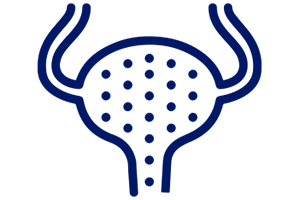
-
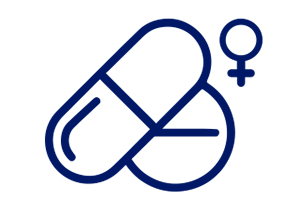
-
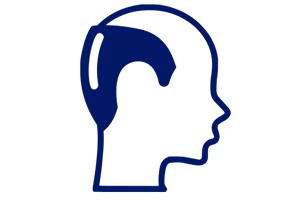
-
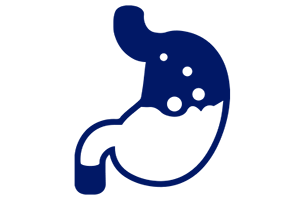
-
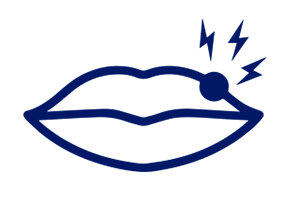
-
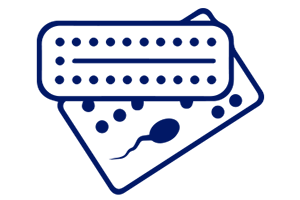
-
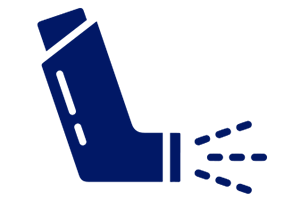
-
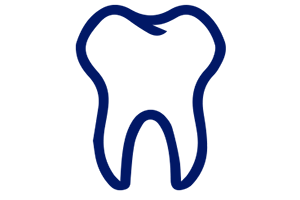
-
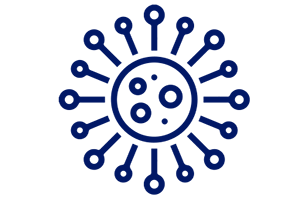
-
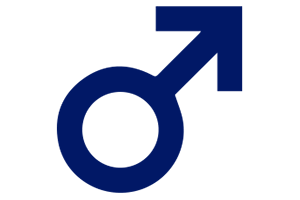
-
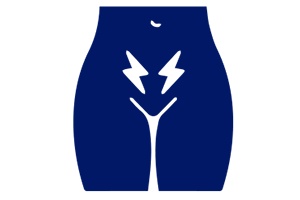
-
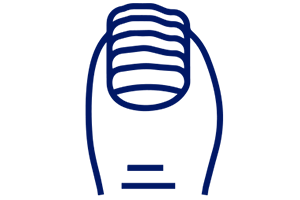
-
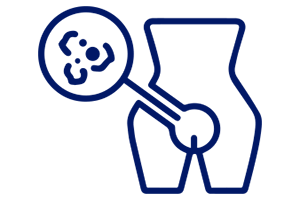
-
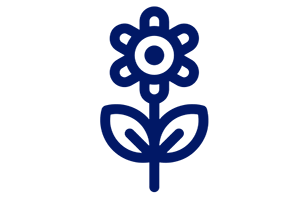
-
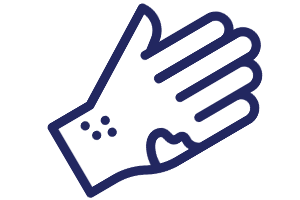
-
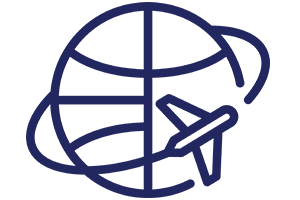
-
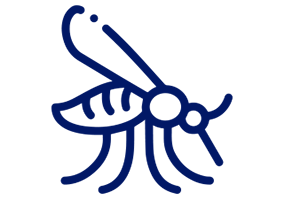
-
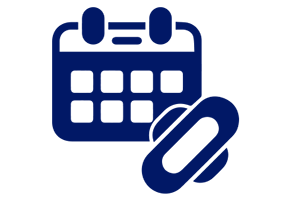
-
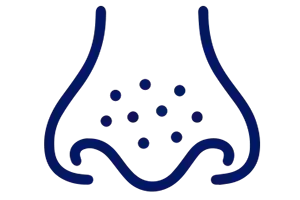
-
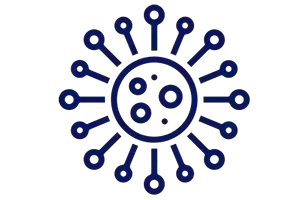
-
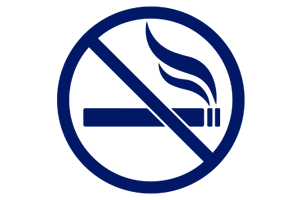
-
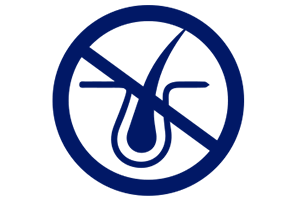
-
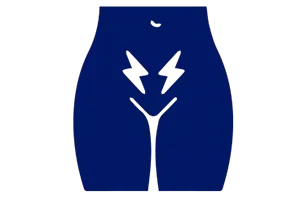
-
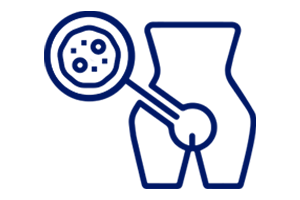
-
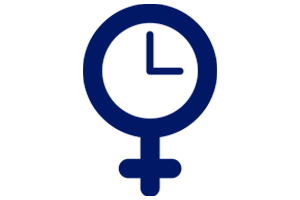
-
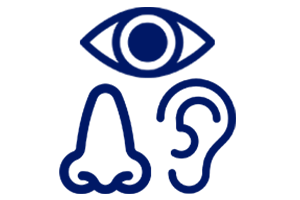
-
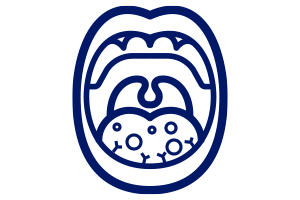
- View All Treatments

- View All Treatments
-
- Pharmacy Shop
-
- View All Treatments

-
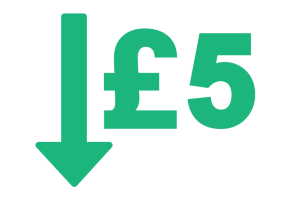
-
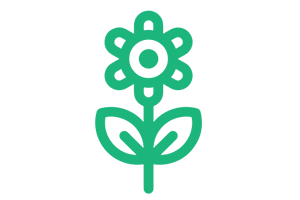
-
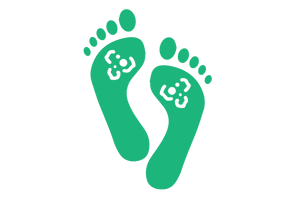
-
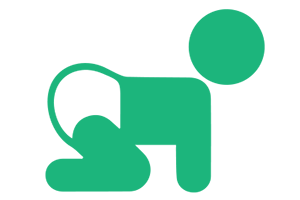
-
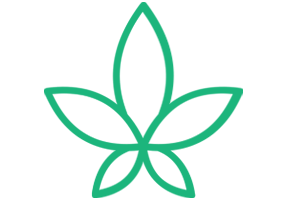
-
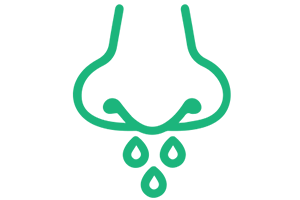
-
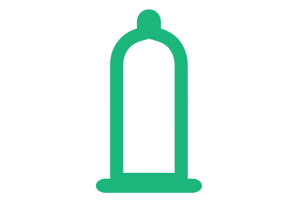
-
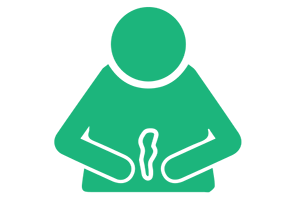
-
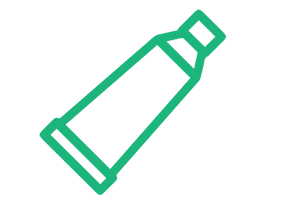
-
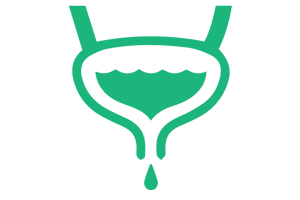
-
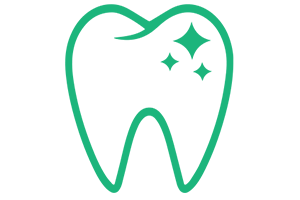
-
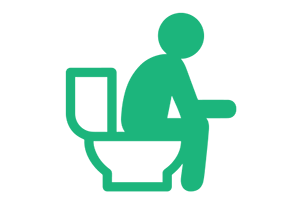
-
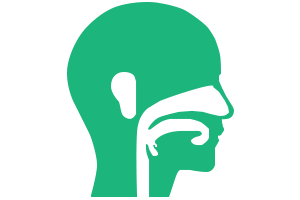
-
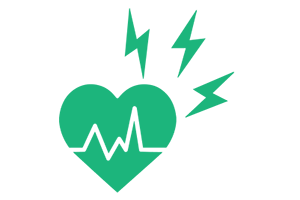
-
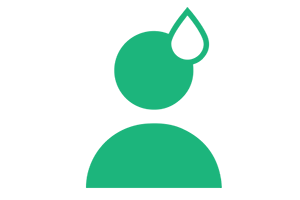
-
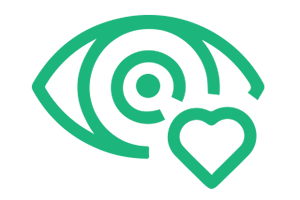
-
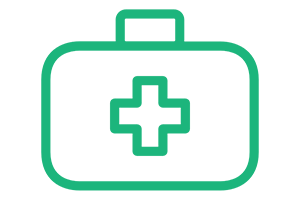
-
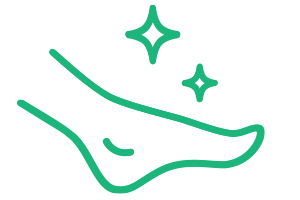
-
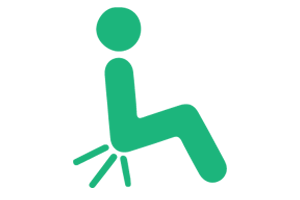
-
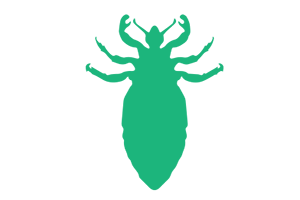
-
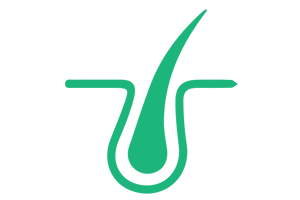
-
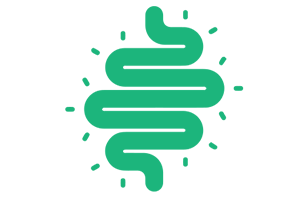
-
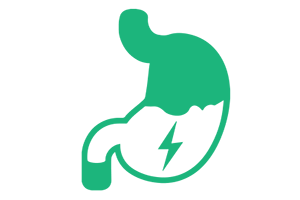
-
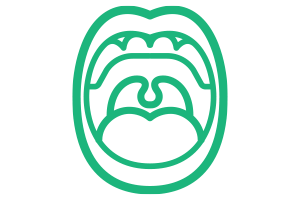
-
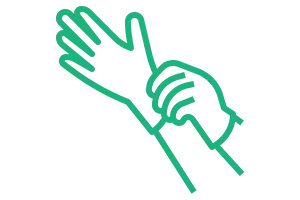
-
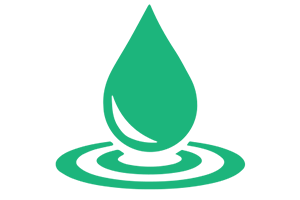
-
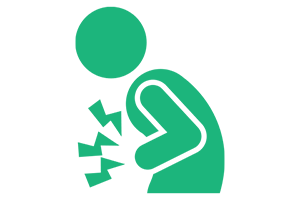
-
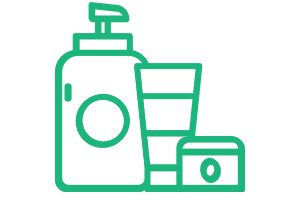
-
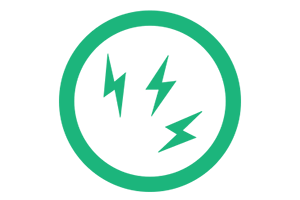
-
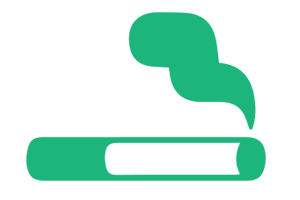
-
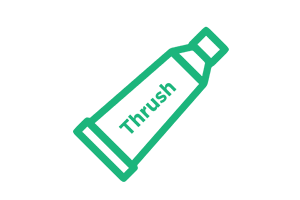
-

-
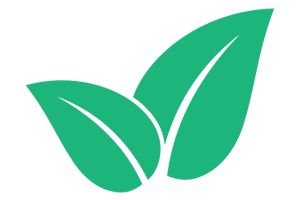
-
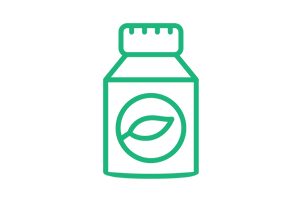
-
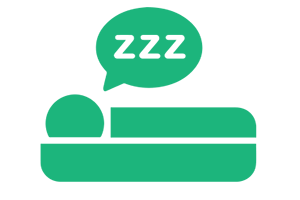
-
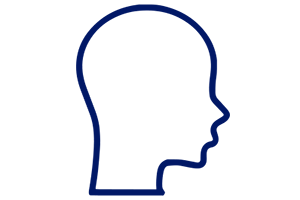
-
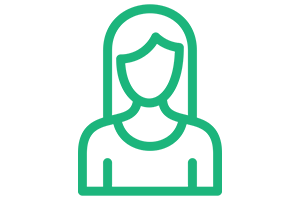
-
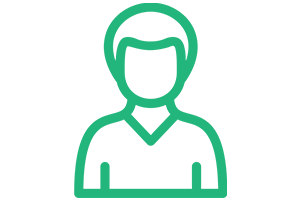
-
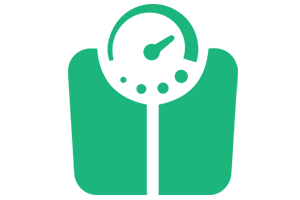
-
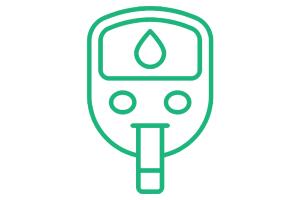
-
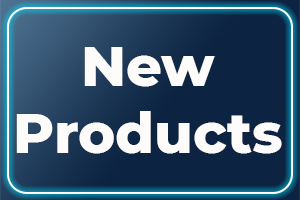
-
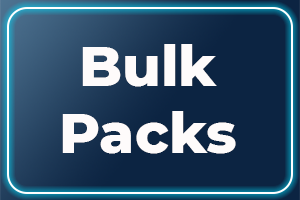
-
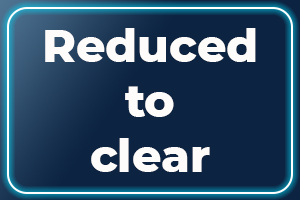
- View All Treatments

- View All Treatments
-
- Emergency Medications
- Premium Supplements
- Prescription Treatments
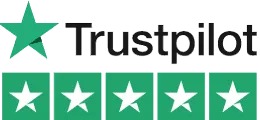
 Account
Account
